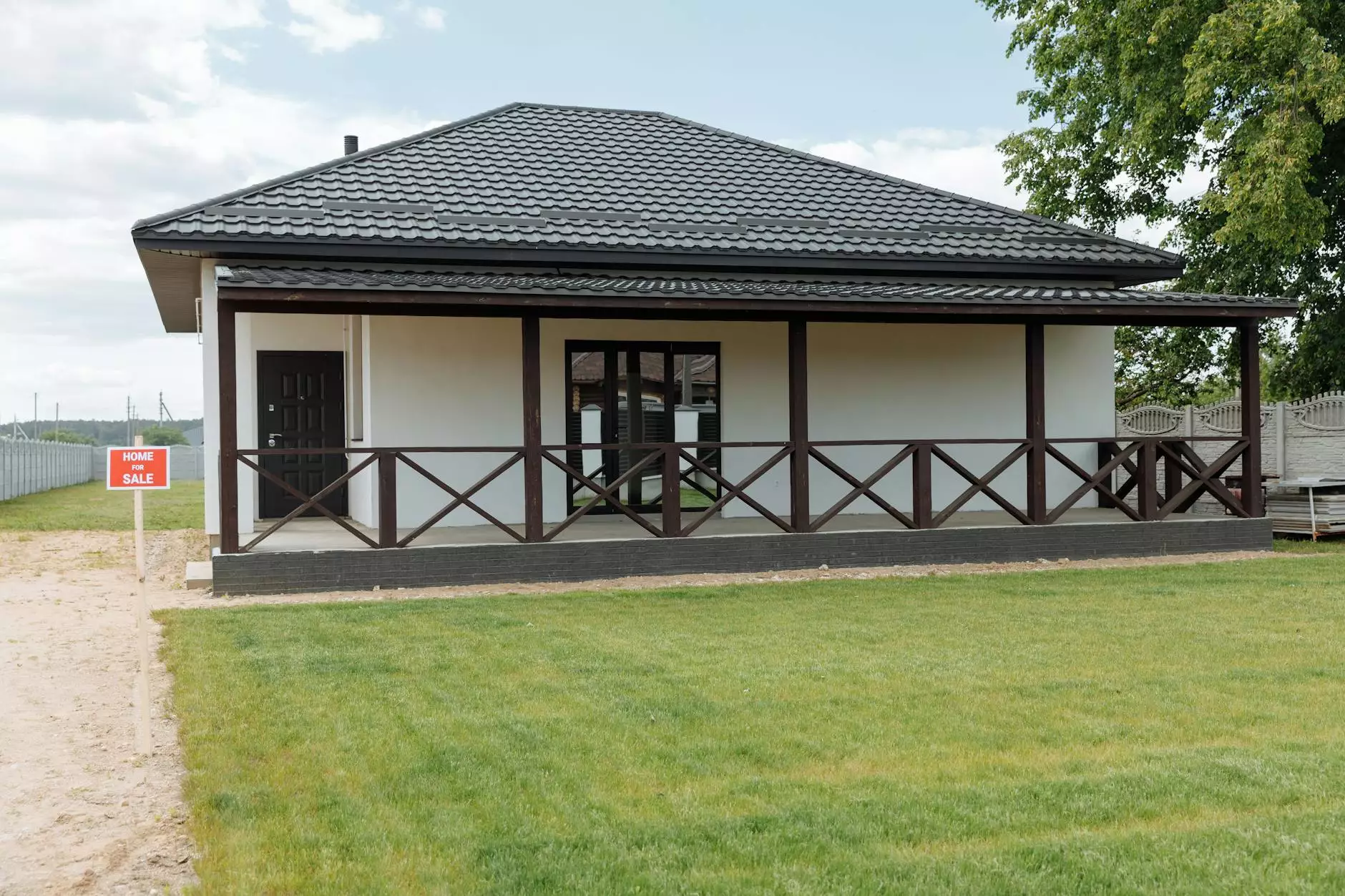Pectus Excavatum Cost: Understanding Treatment and Financial Aspects

Pectus excavatum, commonly known as funnel chest, is a congenital condition characterized by a sunken appearance of the chest, specifically at the sternum. This condition can vary in severity and may lead to both physical discomfort and psychological effects due to its impact on appearance. As patients or caregivers look into treatment options, understanding the pectus excavatum cost becomes crucial for planning.
What is Pectus Excavatum?
Pectus excavatum is a deformity of the chest wall that typically presents at birth or during early childhood. While many individuals experience mild symptoms, others may face significant health challenges, including:
- Difficulty in breathing during exercise
- Chest pain or cardiac complications
- Reduced capacity for physical activity
- Emotional distress related to body image
Diagnosis and Assessment
The diagnosis of pectus excavatum usually involves a comprehensive physical examination, and in some cases, advanced imaging tests such as CT scans or X-rays to assess the severity of the condition. These diagnostic methods also help in planning the surgical approach and understanding the potential costs involved.
Types of Treatments Available
There are two main approaches to treating pectus excavatum:
- Non-surgical treatments: These may include physical therapy and the use of braces aimed at improving posture or supporting the ribcage.
- Surgical options: The most common surgical intervention is the Nuss procedure, which involves inserting a curved metal bar to elevate the chest wall. Another option is the Ravitch technique, which may be more invasive but offers permanent results.
Factors Affecting Pectus Excavatum Cost
Understanding the pectus excavatum cost can be complex, as various factors influence treatment expenses:
- Severity of the Condition: More severe cases typically require more extensive surgical procedures, which can increase the overall cost.
- Type of Surgery: The choice between the Nuss procedure and the Ravitch technique can significantly affect costs. The Nuss procedure is generally less invasive and may have lower hospitalization fees.
- Surgeon's Expertise: Highly acclaimed surgeons with extensive experience in performing these procedures may charge a premium for their services.
- Hospital Facility Fees: Different hospitals have varying fee structures, and the quality and reputation of the facility can impact the overall costs.
- Geographical Location: The cost of healthcare varies by region, with metropolitan areas generally having higher prices than rural locations.
Overall Pectus Excavatum Cost Breakdown
The pectus excavatum cost encompasses several components, including consultations, diagnostics, surgical procedures, anesthesia, hospital stay, and follow-up care. Below is a typical cost overview:
- Consultation Fees: $200 - $500, depending on the specialist's experience.
- Diagnostic Tests: $150 - $1,500 for imaging studies like CT scans.
- Surgical Fees: $20,000 - $50,000 for surgery, varying by complexity and surgical method.
- Anesthesia Fees: $1,000 - $2,500 based on the type of anesthesia used.
- Hospital Stay: $1,500 - $10,000 for overnight stay and post-operative care.
- Follow-up Appointments: $100 - $300 each for post-surgery evaluations.
Insurance Coverage and Financial Options
Before committing to treatment, it is essential to consult with your insurance provider regarding coverage for pectus excavatum treatment. Many insurance plans may cover a portion of the costs, particularly if the condition poses a risk to health or well-being. Here are key points to consider:
- Pre-authorization: Many insurance plans require pre-authorization for surgical procedures, necessitating documentation of medical necessity.
- In-Network vs. Out-of-Network: Costs can significantly differ based on whether the treatment is performed by in-network or out-of-network providers.
- Flexible Payment Plans: Some medical facilities offer payment plans that can make managing out-of-pocket expenses more feasible.
- Financial Aid Programs: Research financial assistance programs or grants that may be available for patients undergoing this type of treatment.
Choosing the Right Specialist
Selecting the right medical professional is vital for successful treatment. When evaluating potential surgeons, consider the following criteria:
- Board Certification: Ensure the surgeon is board-certified in thoracic surgery or plastic surgery, specializing in chest wall deformities.
- Experience: Inquire about the number of procedures performed and the surgeon's success rates, especially regarding pectus excavatum surgeries.
- Patient Testimonials: Look for reviews or ask for referrals to gain insights into other patients' experiences.
- Hospital Quality: Research the hospital's reputation where the procedure will take place, considering factors like infection rates and post-operative care.
Post-Surgery Recovery and Costs
Recovery from pectus excavatum surgery varies, and understanding the associated costs is essential:
- Hospital Stays: Post-operative hospital stays can last several days, impacting overall costs.
- Physical Therapy: Many patients require physical therapy after surgery to regain strength, which may incur additional expenses.
- Follow-Up Care: Ongoing follow-up appointments ensure proper healing and adjustment to any lifestyle changes.
Conclusion: Navigating Pectus Excavatum Costs
Addressing pectus excavatum is a journey that can significantly impact health, confidence, and overall quality of life. While the pectus excavatum cost can be substantial, understanding the treatment options and associated expenses allows patients and their families to make informed decisions. Moreover, consulting with healthcare providers, exploring insurance coverage, and assessing financial options can ease the burden of treatment costs.
At elclinics.com, we are committed to providing comprehensive care and support for those seeking treatment for pectus excavatum. By empowering patients with information and facilitating access to skilled professionals, we strive to ensure every individual receives the best possible care for their health and well-being.



